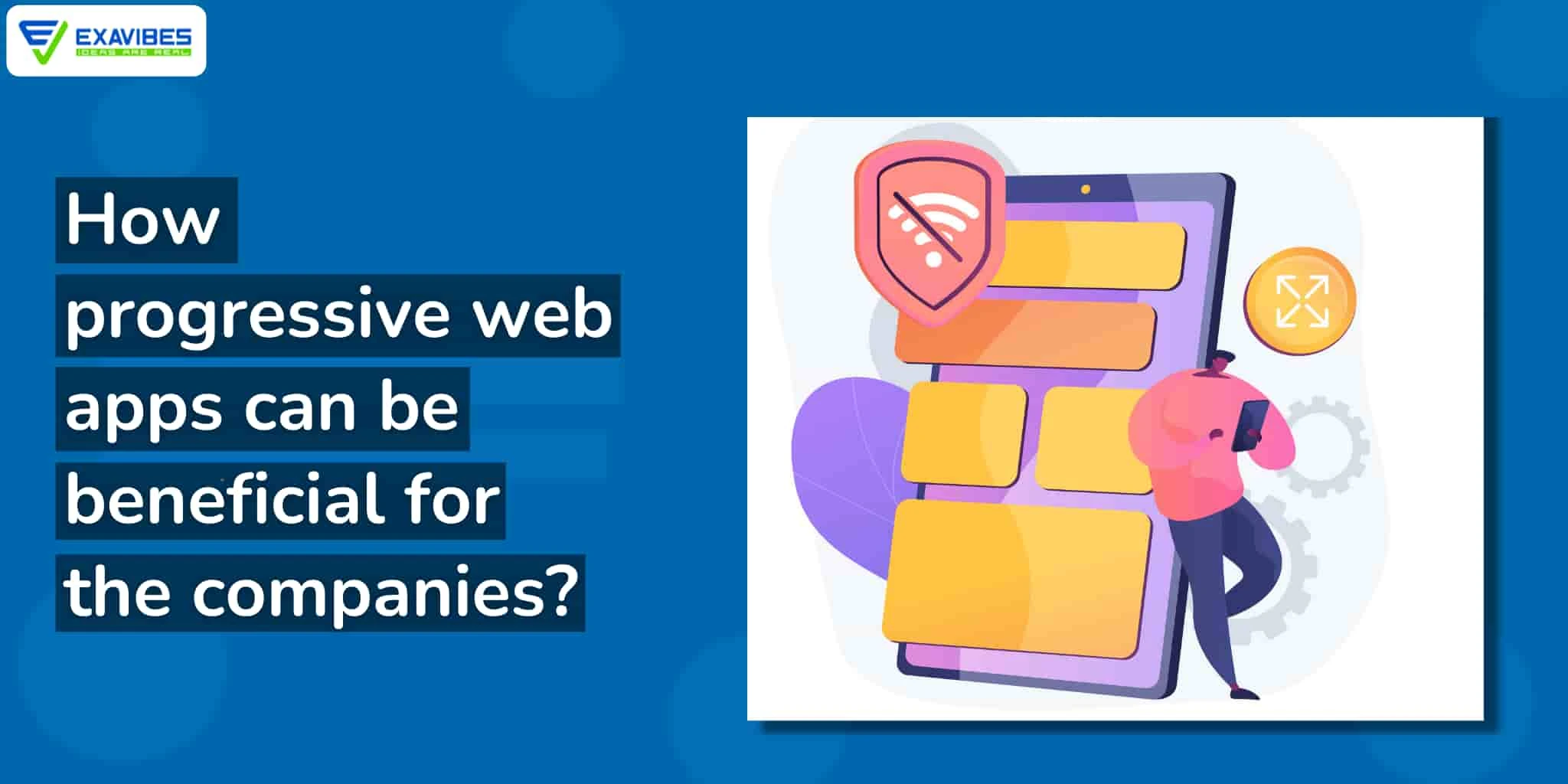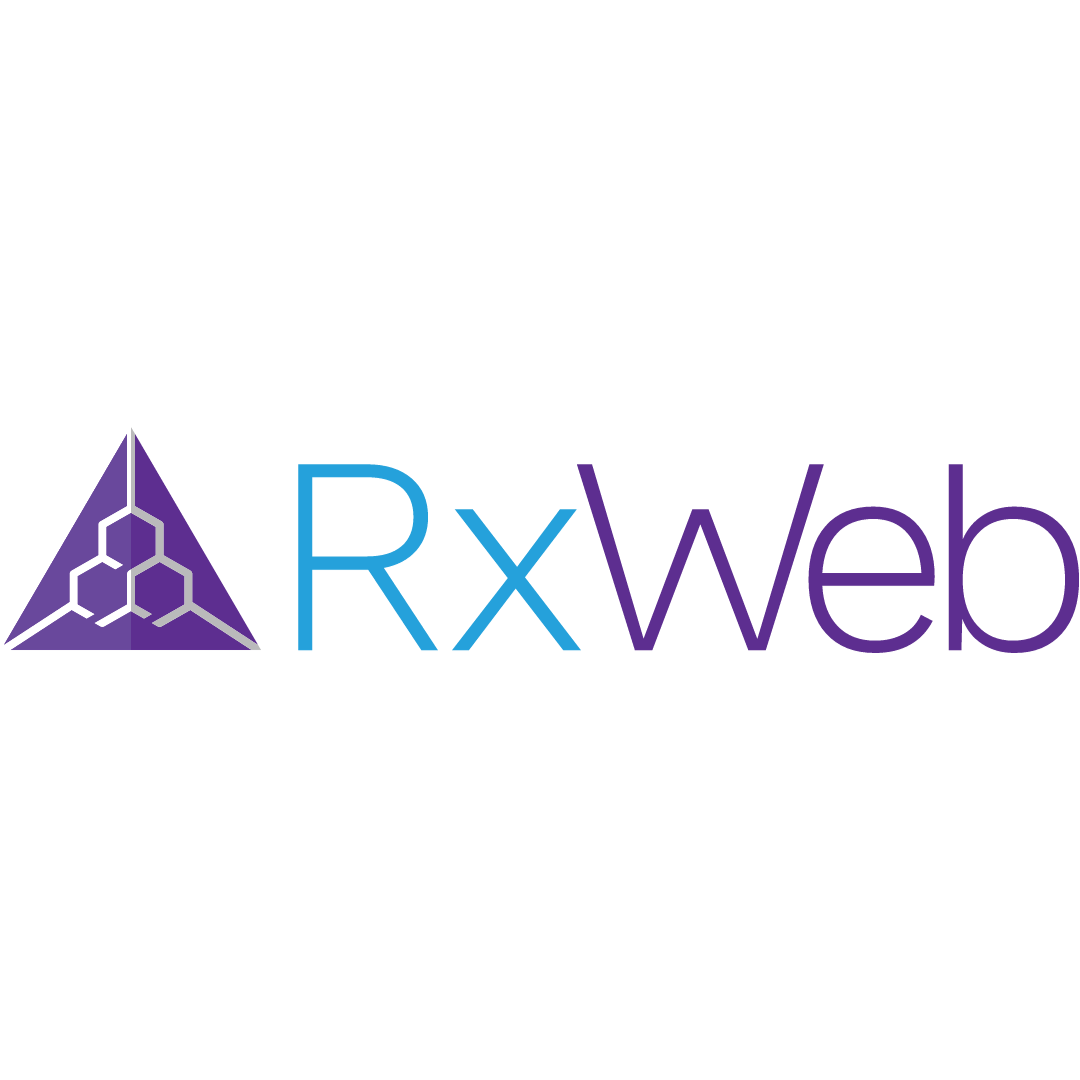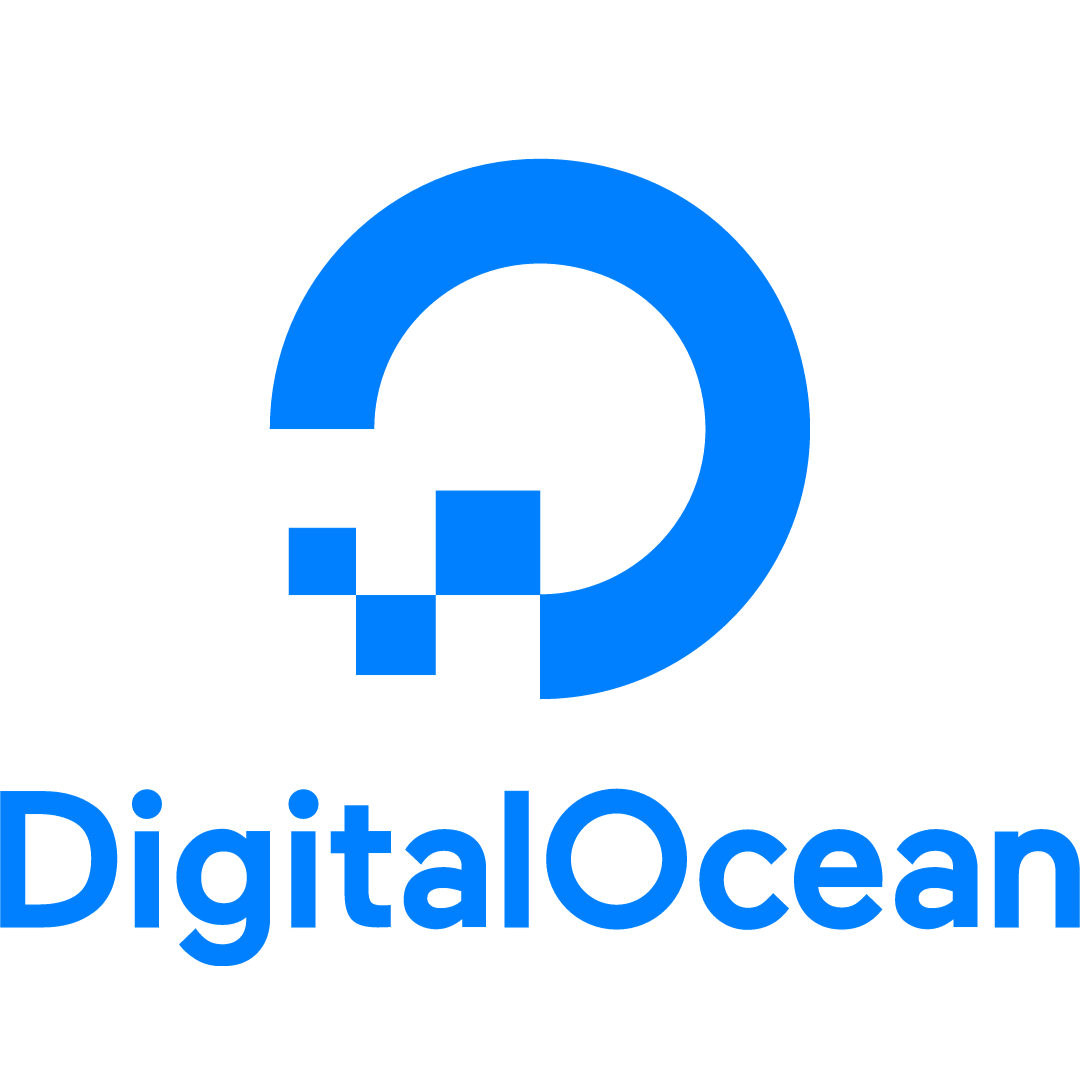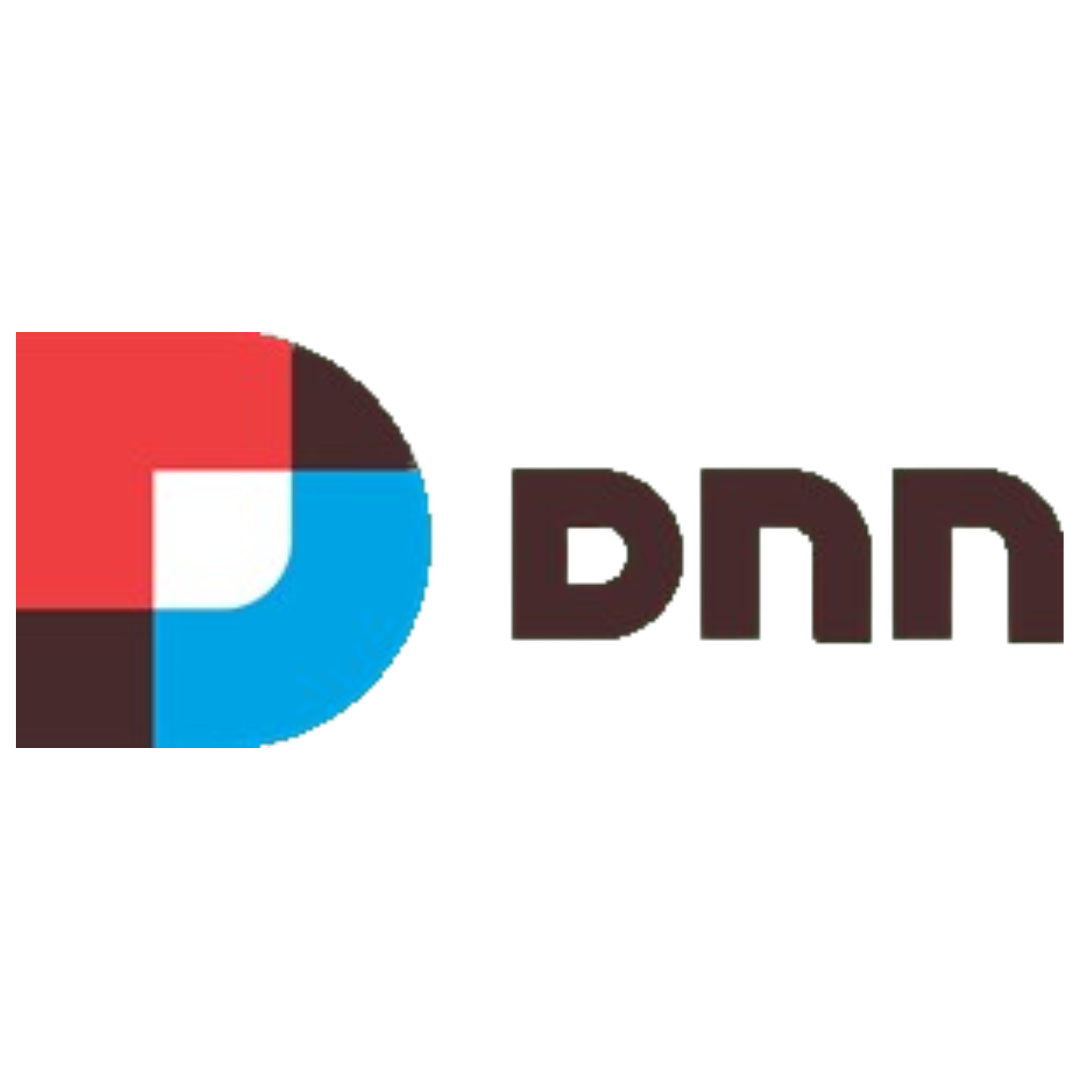
How Progressive Web Apps Can Be Beneficial For The Companies?
Interestingly, the term “progressive web app” was coined by Google Chrome engineer Alex Russell.
For the uninitiated and especially folks who belong to the non-IT field, it is web software that feels and behaves like a mobile app although it utilizes standard Markup & Styling tools along with service workers. It can also send push notifications and is also capable of accessing the device’s hardware.
As mentioned above, enterprises are taking a keen interest in this development tool ( App Variant ) because it combines the advantages of traditional websites and the interactive features of mobile applications. For organizations running on a shoestring budget and still wanting to offer a mobile app option to their customers, PWA or progressive web application is a boon in disguise. Unlike standard websites, PWA offers an immersive user experience, very similar to its native cousin.
So, how does PWA technology help organizations? Mentioned below are some of the compelling features which make it an absolute delight and the current darling of mobile app development agencies and businesses. Let us first understand its features and functionalities in short.
- PWA – Easily indexed by search engines
- Progressive web apps are faster to load
- Low-cost development
- It doesn’t require a store/hub to download
- Updates are easy
- Small in size, high on functions

Let us now talk about each of the above in detail.
PWA - Easily Indexed by Search Engines
PWA’s work likes websites and therefore they are easily indexed by major search engines. Unlike native mobile apps which are packaged software and don’t follow the standard SEO / website nomenclature, a PWA is built using a framework that has slightly different development tools and technologies. For business enterprises, it means improved exposure and thereby leads. Interestingly, the PWA database is only used for internal manipulation and storage of various assets. It simply means the resultant pages are static in nature and therefore easily indexed. While regular mobile apps are protected from external access due to their compiled format, PWA’s can be read by search bots. A good progressive web app development company can enhance this indexing feature further.
PWA Loads Faster - Improved User Experience
Whether it is a website or a native app, users typically have little patience. Recent studies have shown that the loading threshold needs to be less than 3 seconds. Anything beyond that will result in abandonment. In fact, it is an open secret that more than 50% of the users quit the application ( web and app ) if it takes longer than the above cut-off time.
Because the PWA framework makes sure that JavaScript files are run separately, and independent from the browser engine, it translates into high performance and thereby improves user experience. This is not the case with traditional apps. A PWA does not lag while scrolling or create memory friction while shuffling between various sections or elements. Some of the amazing performance-related data will definitely bring a smile to business owners’ faces, and every mobile app development company worth its salt will vouch for it – PWA increases user engagement ( 130% ), reduces the bounce rate ( 40% ), and increases handheld device traffic ( 60% ).
Low Development Cost
PWA app is 1/4th the cost of a standard / native mobile application. There are several reasons. However, the one which really matters is the development framework. Additionally, it doesn’t demand dedicated or niche programmers/developers which costs a bomb to hire. All this reduces PWA costs. Moreover, updating the progressive applications is not complex and doesn’t demand recompilation or exploiting additional resources. The biggest advantage and the reason for its cost efficiency is that one PWA fits all mobile devices. It translates into a lean and means developer group, unlike the native/hybrid variant which demands a large mobile app development team. PWA is installable, and therefore can be accessed from the home screen as just a native app increasing its popularity and reducing the user learning curve.
PWA Development Services - Absence of App Stores
PWA is an excellent option for small and medium enterprises, especially ecommerce startups, and the reason is that it doesn't require application hubs such as Play Store or App Store. On the other hand, native or hybrid apps have to be uploaded to these dedicated, centralized hubs for users to download. Businesses will find it frustrating in convincing users to download a fairly new app that has few or no reviews.
Even if the user is convinced and downloads the app, that person may never even open it. PWA is free from these shackles. It doesn’t need stores or store service which in itself is a pricey affair. PWA is easily indexed as it can be organically found, unlike native apps which require costly marketing strategies. Small businesses need to remember that installing a regular app is considered a risk by a large number of users which is not the case with a progressive web application.
Updating PWA is Hassle-free
Ask any mobile app development team member about updating apps and this person is likely to offer a list of issues involved in accomplishing the same. However, PWA has no such limitations. While the former demands recompilation, subsequent upload to the store, and then wait for fresh approval, a PWA, because of its inherent liberated framework allows developers to edit and make the new page live instantly. The next time a user accesses the app this person is served with new changes … without the need to update the app. There is more. In case a user doesn’t update a native/hybrid app chances are it may malfunction, decrease in performance or worse still become a perfect target for hackers. PWA has no update issues which are common to mobile apps.
Miscellaneous Advantages
In spite of the above many PWA development services providers still, face a common question - how does a progressive web app benefit an organization? It is only natural because PWA seems too good to be true.
Some of PWA’s other benefits include -
- PWA hogs minimum resources and its framework typically compresses/optimizes the files efficiently, and therefore the overall size is drastically reduced; at times by 80% and more.
- PWA also works in offline mode or sluggish internet connection. Yes! That is the magic of progressive web apps. A user can browse, add to a wish list and even write a comment. Of course, this magic happens because it fetches relevant data via a dynamic cache.
- It is a browser-based app and therefore doesn’t need third-party launch and install services. It simply means users’ device memory, security, and data are safe.

Summary - Progressive web development
As stated above, the term PWA was introduced by Google Chrome engineer Alex Russell, wherein who explained that it was a radical technology that exploited service workers and web app manifests. These website-like apps use browsers instead of a compiled environment making them even more flexible, highly searchable in Google, Bing, and also fast loading.
In short, progressive web apps use the best of both worlds; the feel and look of native apps and the search and performance of regular web pages. While the former allows it to access mobile phone hardware, send push notifications and exploit contact lists, the latter allows it to be indexed like regular websites and also doesn’t need Play / App stores.
You can also visit related blogs:


































































comments for "An Interview with Exavibes Services"
Leave a Reply